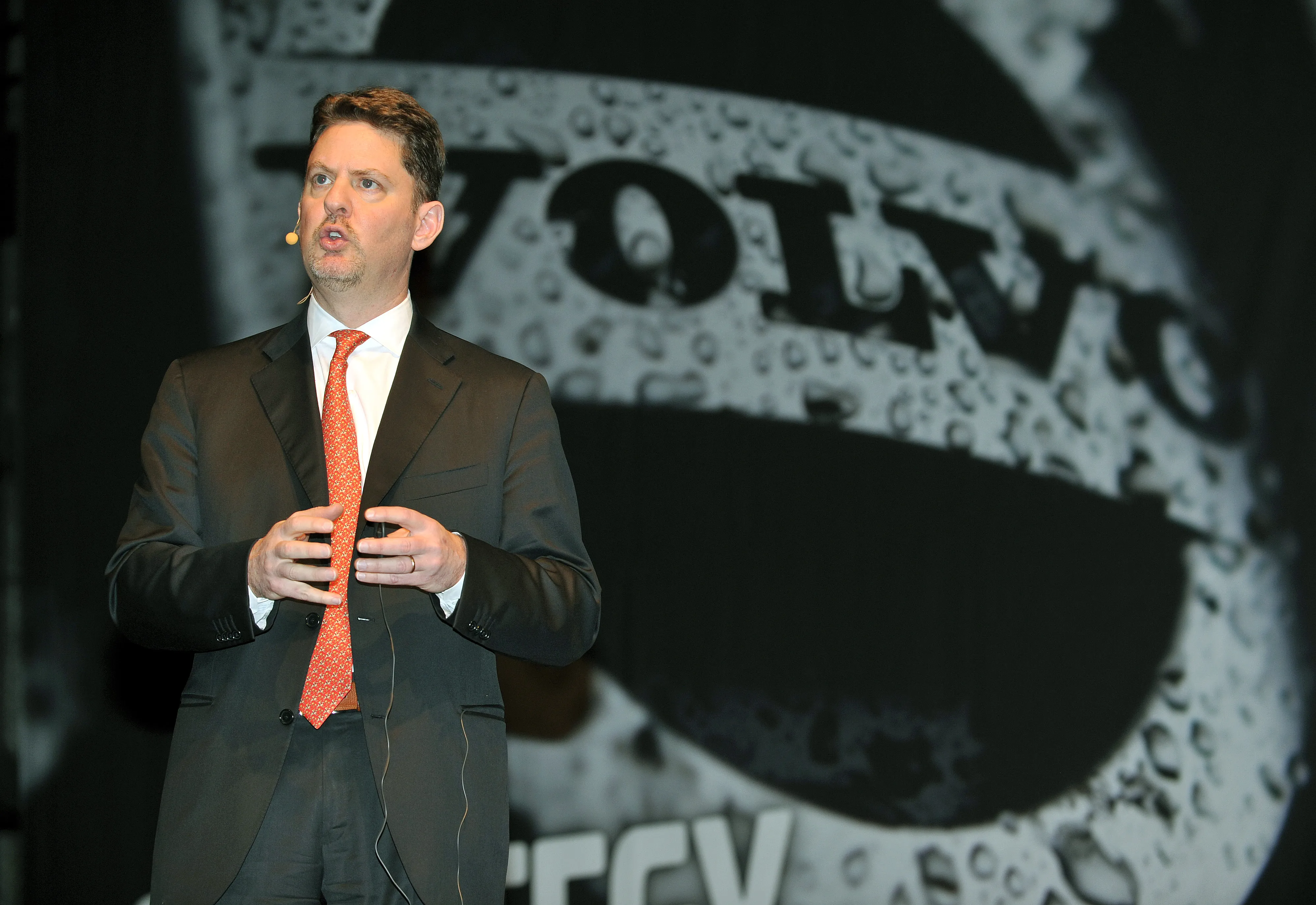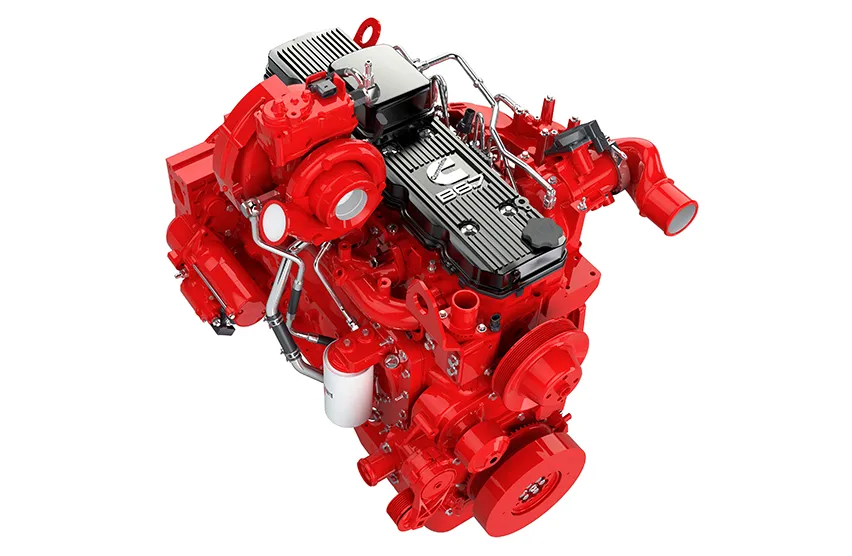JCB has announced plans for a new €36 million engine development project in the UK. This investment will create around 350 jobs shared between its factories in the Midlands and Wales.
March 2, 2012
Read time: 2 mins
Design and research into the new engine project will take place at JCB Power Systems in Foston, Derbyshire. The development of the new engine, which will be installed in JCB’s own products and also sold to third parties, is leading to a further 50 advanced engineering jobs at JCB Power Systems. The roles include engine design and development engineers, engine electronics and software engineers, quality technicians, manufacturing engineers, applications engineers, supplier development engineers and buyers. When the engine goes into production, more than 300 additional jobs will be created across JCB’s Staffordshire, Derbyshire and Wrexham factories between 2016 and 2021.
JCB chief executive Alan Blake said, “Developing our next generation engine is an important step. The new JCB engine will give our products a huge competitive edge across global markets which we anticipate will lead to substantially increased sales between 2016 and 2021.”
JCB began manufacturing its Dieselmax engine range at its Derbyshire plant in 2004. This year the company also opened a new engine production facility in India for the production of fuel-efficient engines for its Indian-built products.
JCB’s own engines now power more than 70% of the company’s equipment range. Last year JCB announced it had made one of the biggest investments in its history to develop the off-highway sector’s cleanest engine, in readiness for increasingly stringent emissions legislation in both the United States of America and in Europe. The company has recently developed the new JCB Ecomax T4 4.4 litre engine, the latest generation of the JCB Dieselmax engine and this 55kW diesel requires no after-treatment to meet the Tier 4 Final regulations.







